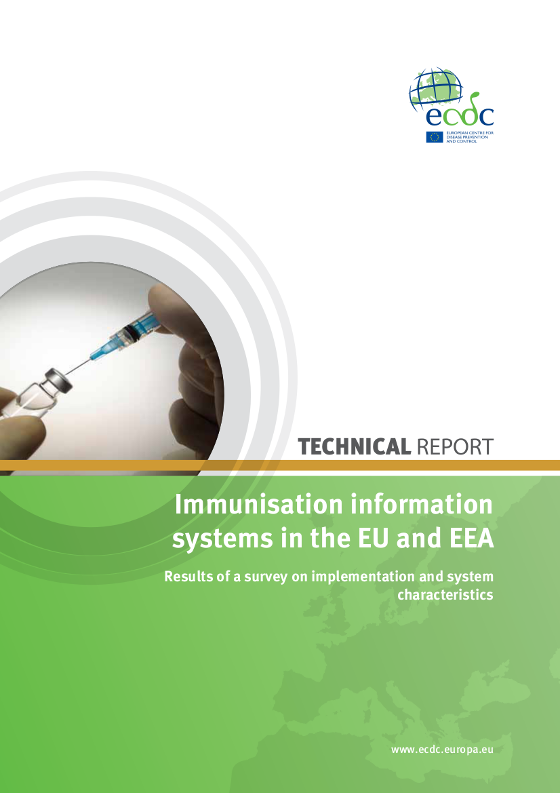 Immunisation information systems (IIS) are defined as confidential, population-based, computerised databases that record all immunisation doses administered by participating providers to persons residing within a given geopolitical area. At the point of clinical care, they support practitioner decision-making in ensuring appropriate individual vaccination and adherence to applicable policies. At population level, IIS provide aggregate data on vaccinations for use in surveillance and programme operations, and in guiding public health action to improve vaccination rates and reduce vaccine-preventable diseases.
Immunisation information systems (IIS) are defined as confidential, population-based, computerised databases that record all immunisation doses administered by participating providers to persons residing within a given geopolitical area. At the point of clinical care, they support practitioner decision-making in ensuring appropriate individual vaccination and adherence to applicable policies. At population level, IIS provide aggregate data on vaccinations for use in surveillance and programme operations, and in guiding public health action to improve vaccination rates and reduce vaccine-preventable diseases.
The European Council conclusions on vaccinations from both 2011 and 2014 recommend the adoption of such systems and the World Health Organization's European Vaccine Action Plan 2015–2020 recognises IIS as 'an integral part of well-functioning health systems'. IIS have the potential to improve performance of vaccination programmes and to increase vaccine uptake, but the design, development and implementation of such systems can be challenging for national programme managers. The European Centre for Disease Prevention and Control (ECDC) is currently running activities to support the Member States in establishing IIS. One important initial activity was to gather information about the implementation level and the functionalities of existing immunisation information systems in European Union/European Economic Area (EU/EEA) countries. To do this, ECDC, in close collaboration with subject-matter experts, developed surveys on IIS status and functionalities in EU/EEA countries.
Download: Immunisation Information Systems in the EU and EEA (1.282 KB).
Download from eHealthNews.eu: Immunisation Information Systems in the EU and EEA (2.282 KB).